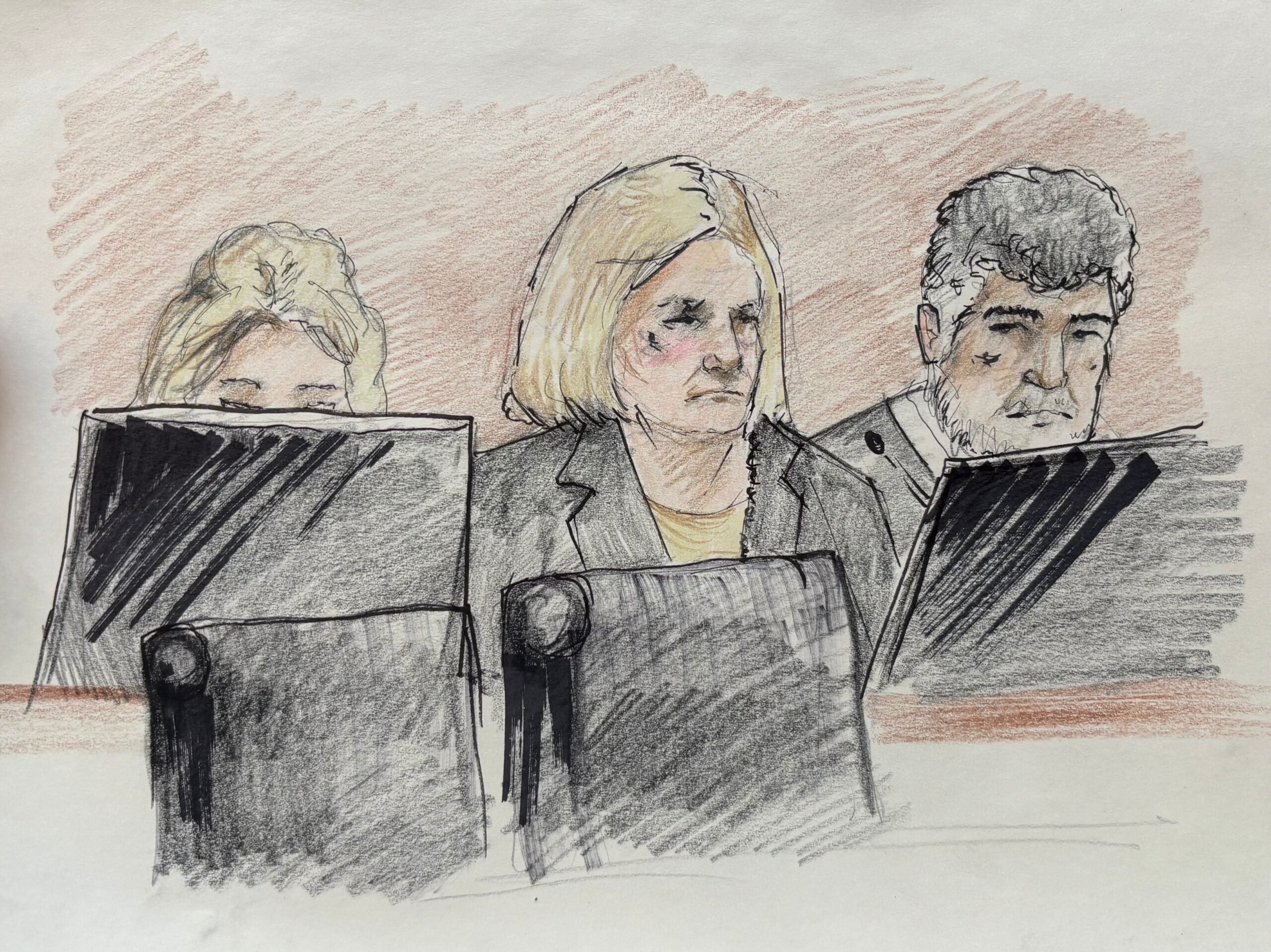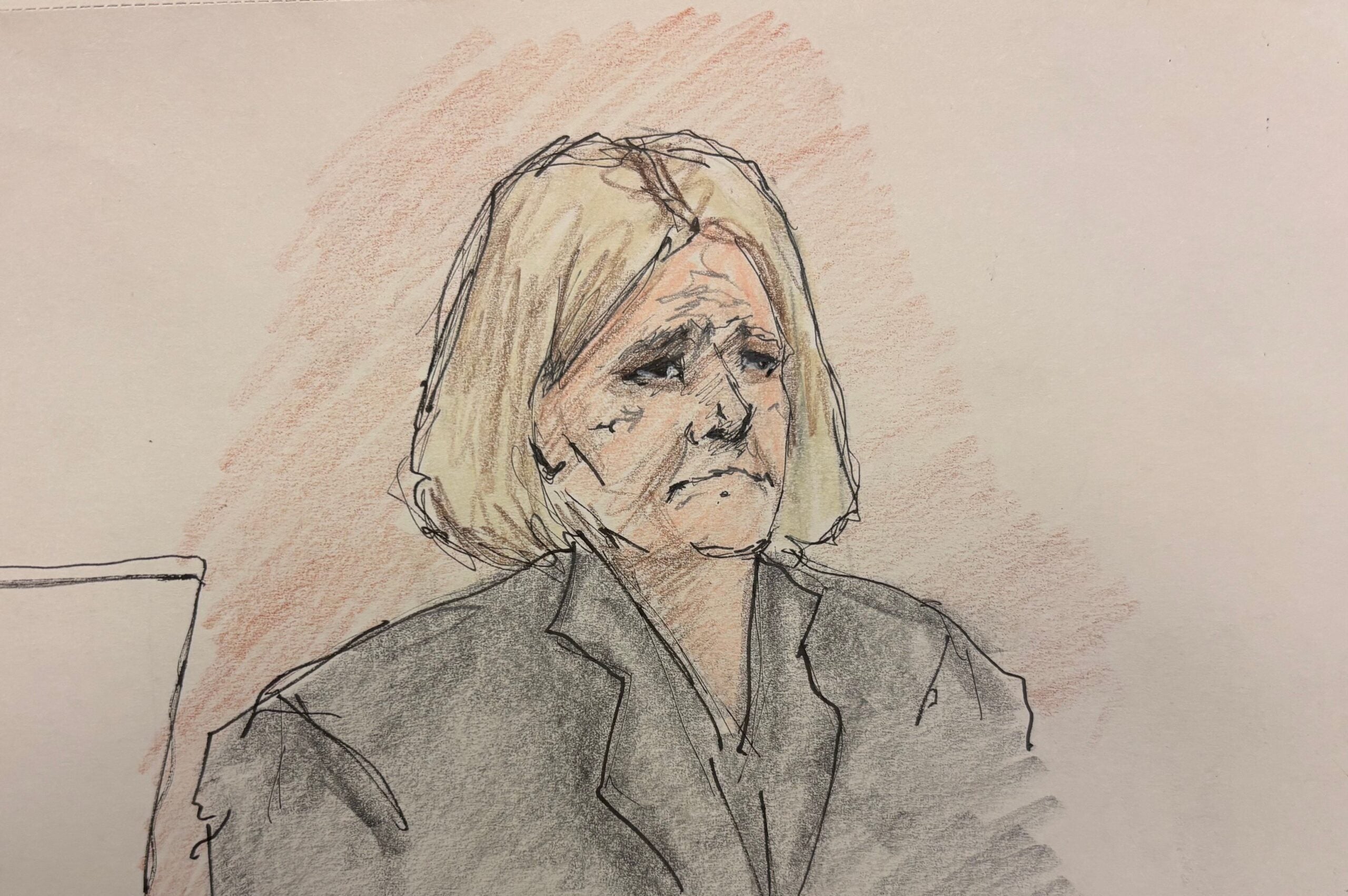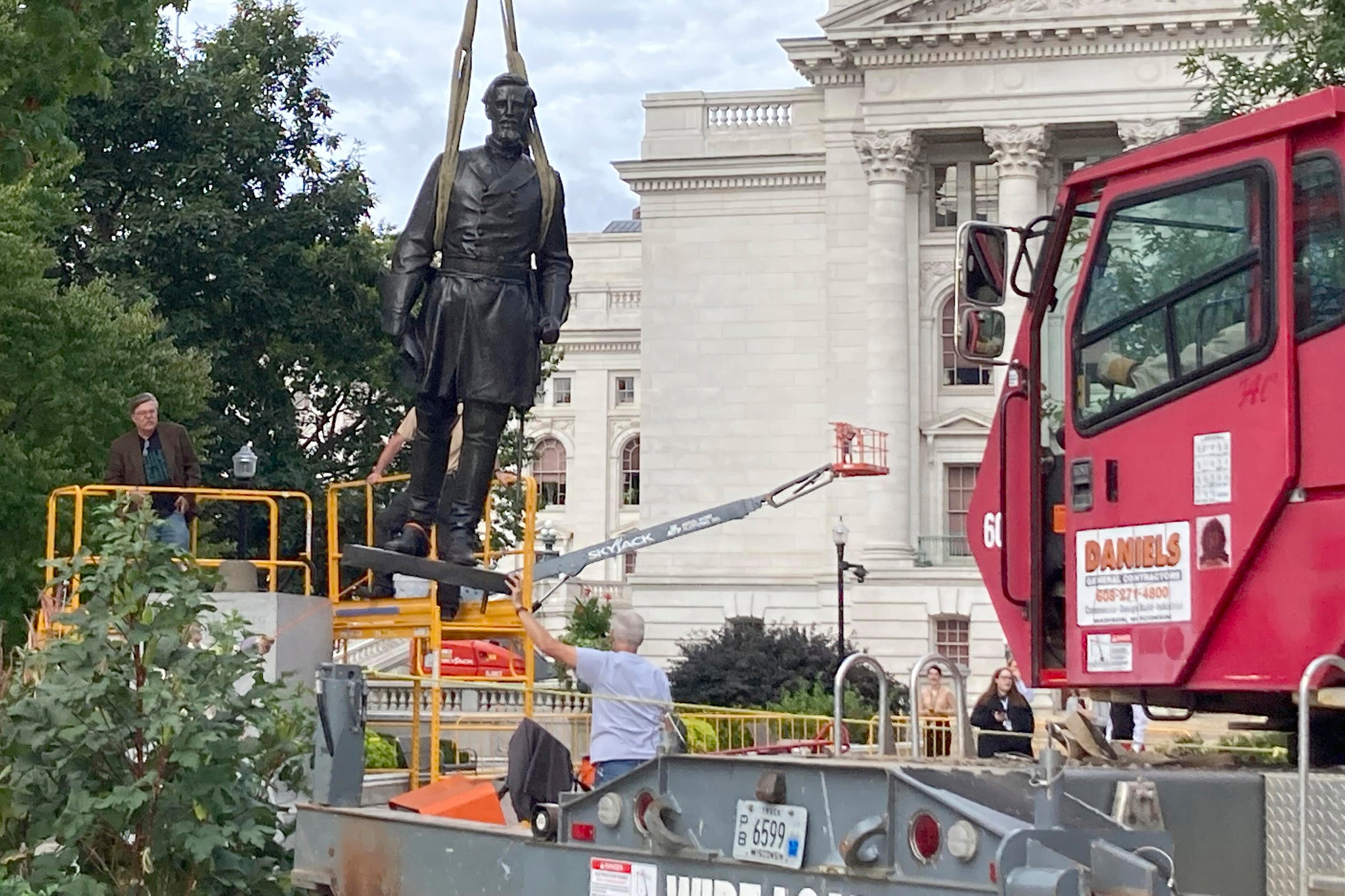A Republican bill in the Wisconsin State Assembly would impose a mandatory minimum sentence of five years in prison for people with felony records who are convicted of possessing a firearm.
The proposal is backed by law enforcement groups who say it will cause people convicted of felonies to “think twice about carrying a firearm,” while critics argue it will lead to excessively harsh sentences and exacerbate inequalities in Wisconsin’s criminal justice system.
State law already bars a person convicted of a felony from owning a gun, but right now, five years in prison is the maximum penalty. No minimum sentence currently exists.
News with a little more humanity
WPR’s “Wisconsin Today” newsletter keeps you connected to the state you love without feeling overwhelmed. No paywall. No agenda. No corporate filter.
At a public hearing on the plan at the state Capitol last week, the bill’s co-authors argued that people carrying guns after being charged with crimes are contributing to an increase in violent crime in Milwaukee and elsewhere.
“No penalty is an indication of our lack of concern,” said Rep. Tom Michalski, R-Elm Grove. “An individual knows they’re a felon. They also need to know that we’re serious about making our communities safer, and that they risk years of their life in prison if they choose to carry a firearm.”
Sen. Jesse James, R-Altoona, said a mandatory minimum sentence offers a consistent, standard penalty.
Representatives from law enforcement groups — including the Wisconsin Chiefs of Police Association and the Wisconsin Fraternal Order of Police, a police union — also testified in favor of the bill.
The ACLU of Wisconsin, which opposes the bill, says mandatory minimum sentences disproportionately ensnare communities of color.
“Mandatory minimums have been a hallmark of mass incarceration in the United States for decades, and they’ve been used to impose excessively harsh sentences, exacerbate racial disparities and preclude judicial discretion by not allowing judges to take into account the individual circumstances of a case when making a sentencing decision,” Amanda Merkwae, advocacy director at the ACLU of Wisconsin, said in a statement.
Wisconsin has had similar laws on the books in the recent past. A 2015 law set a three-year mandatory minimum sentence and a 2017 law increased that to four years. Both laws “sunset,” meaning they’re no longer in effect.
A spokesperson for Gov. Tony Evers did not respond to a request for comment about whether he will support the measure. Evers has previously signed mandatory minimums for homicides committed by people who were operating while intoxicated. He’s also vetoed other legislation that would have expanded criminal penalties.
Wisconsin Public Radio, © Copyright 2025, Board of Regents of the University of Wisconsin System and Wisconsin Educational Communications Board.







